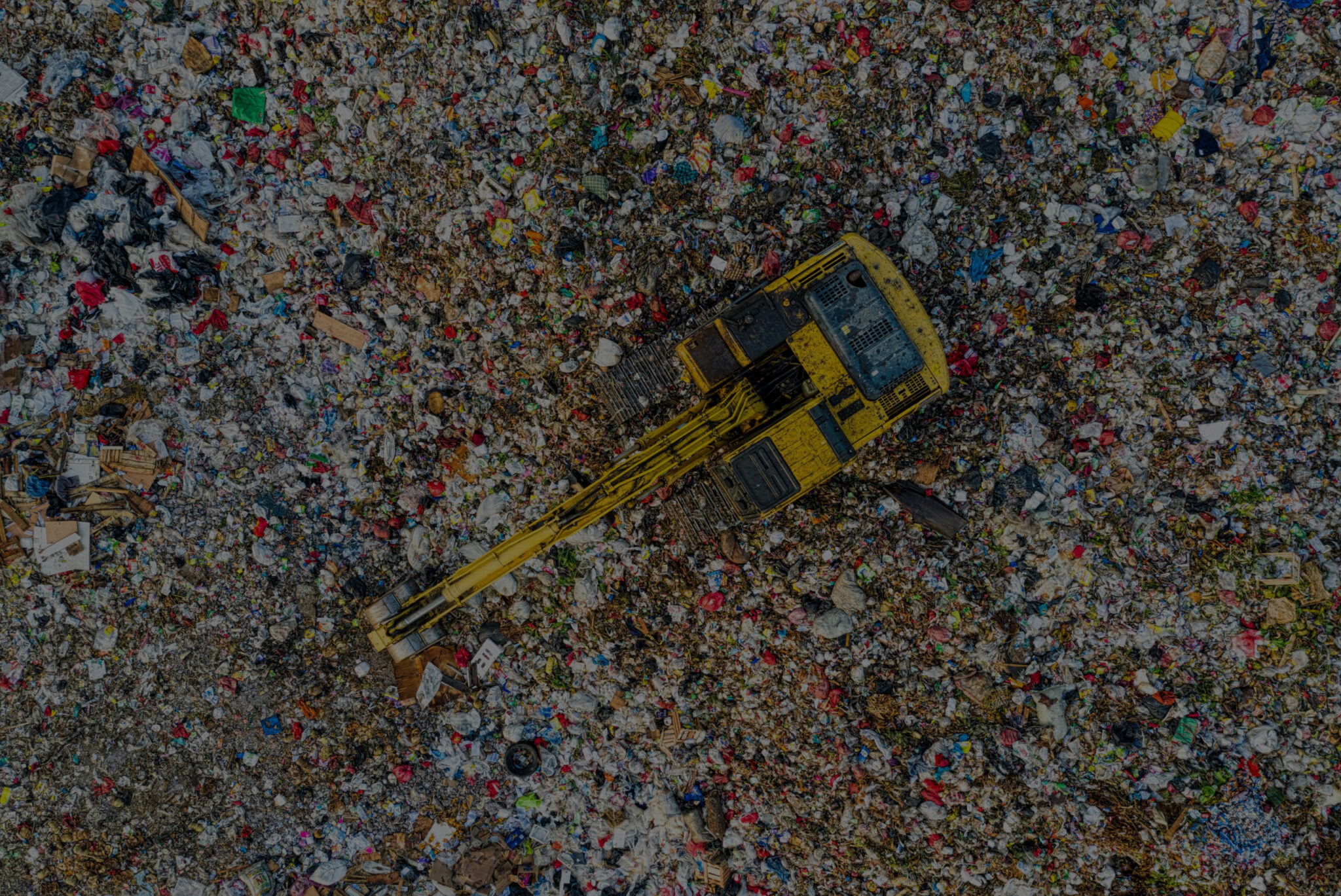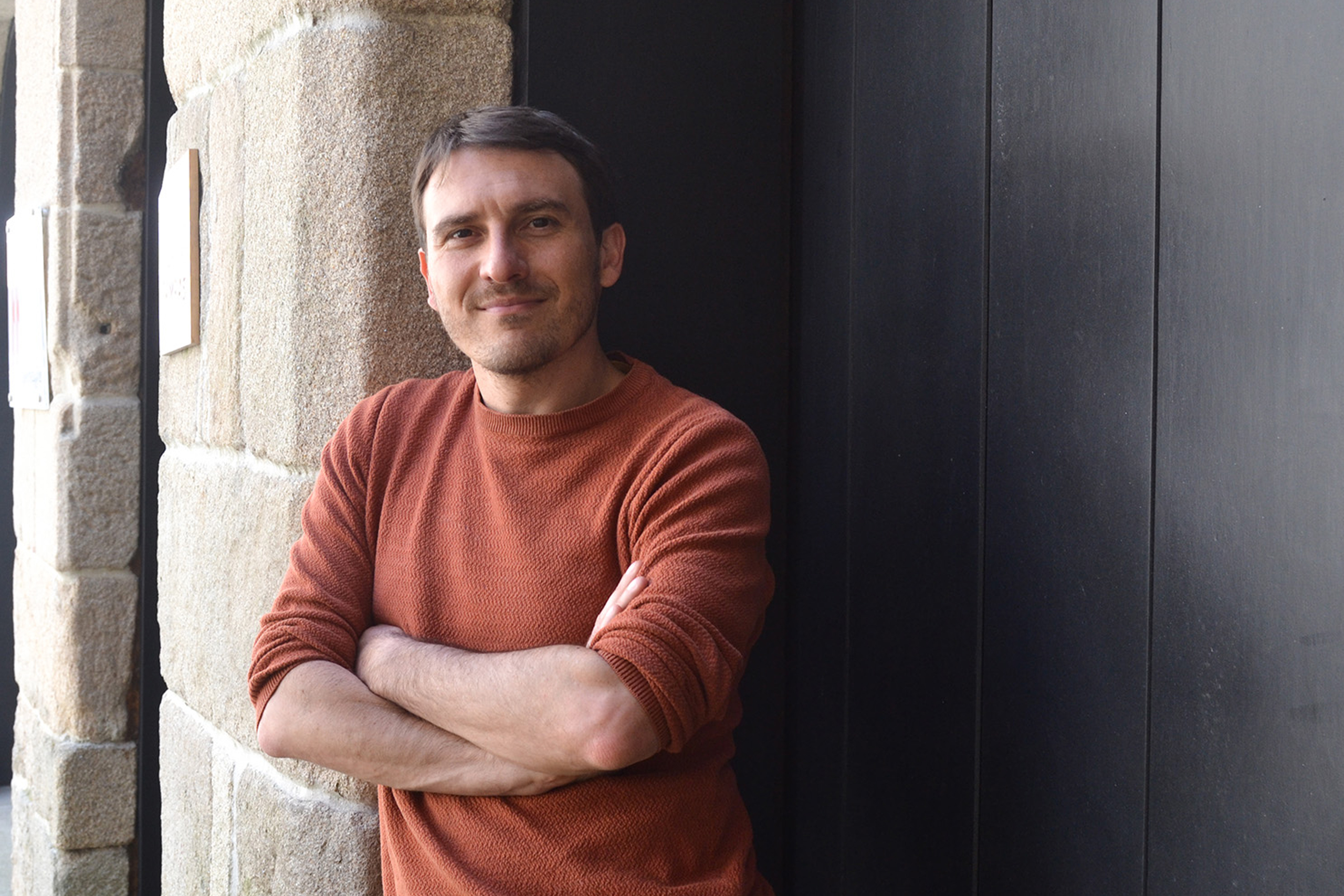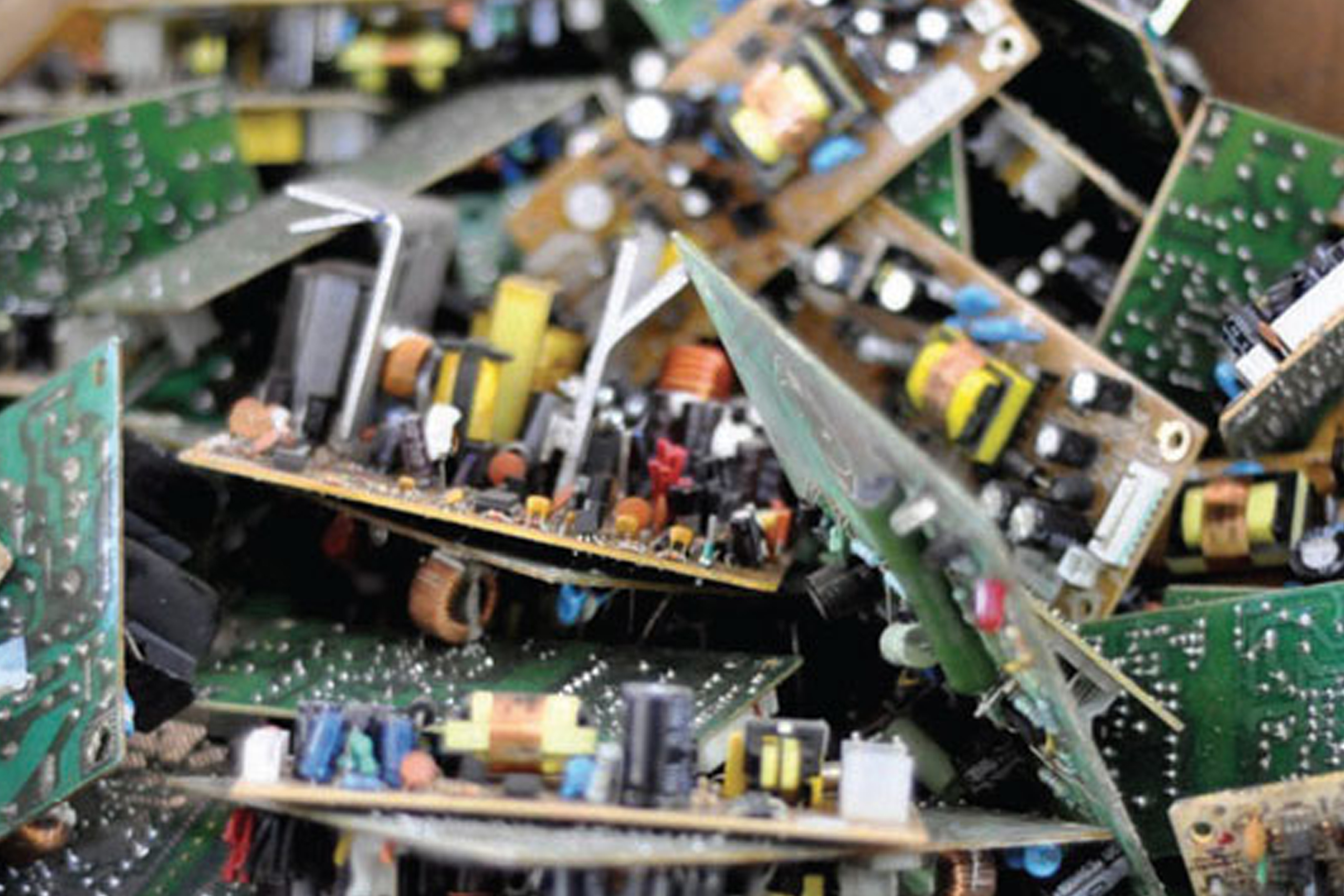Multidimensional Framework for the Case Studies
Circular Economy, a pillar of the European Green Deal, is an increasingly recognized approach
that has much to contribute towards addressing challenges of the Anthropocene. Circular Economy promises to close the circle of economy-society-nature interactions, replacing the current linear economic model with a new one that is restorative and regenerative by intention and design i.e., capable of turning waste into valuable resources. Despite its growing popularity among politicians, businesses leaders and
academics, the concept of circular economy and its underlying principles are not without critics and challenges.
The lack of consideration of socio-ethical issues is a major criticism of the circular economy and it is the main focus of the H2020 Project “JUST2CE” (A JUst Transition TO the Circular Economy). The point of departure of our criticism relies on the fact that the current visions of circular economy are narrowly focused on the economy and technology, with a patent lack of a reflection on the political and socio-cultural dimensions as well as on the unintended global consequences that a transition to circularity would entail. Overall, questions of justice (social, environmental and gender) have remained unanswered by the circular economy literature.
Answering these challenges requires directing efforts towards extending the repertoire of social
scientific theories and conceptual frameworks that may inform the analysis of circular economy practices. In the tentative of filling this gap, this work proposes a multidimensional framework seeking to explore what are the practices that enable or hamper the transition to circular economy. More precisely, our framework proposes a novel manifesto towards a just circular economy based on humility.
Drawing upon empirical and conceptual elements from a variety of fields (such as Feminist Ecological Economics, Political Ecology, Environmental Justice, Decolonial studies), our framework provides an epistemological, theoretical and methodological scaffolding for the ethical questions we should be asking about the future of circular economy.
“Whose voices and interests are heard and whose voices and interests are neglected? How are costs, benefits and opportunities of circular economy distributed at different scales and among different social realities?” These leading questions and the multidimensional framework guide the analyses of ten cases of organisations engaged at different stages of transition towards circular economy.
The cases are heterogeneous in many respects: they into account different geographical contexts
(Italy, Spain, Portugal, United Kingdom, Morocco, Ghana, Zimbabwe, Ethiopia, South Africa), different
value chains (plastics, food, critical raw materials, etc.), different scale of analysis (from local to global
initiatives) and different types of institutional settings (formal/informal).
The insights gathered from the application of the multidimensional framework to the case-studies analyses will expand our understanding beyond the current monocentric technical focus of the circular economy practices.
More information: D2.1-JUST2CE.pdf (secureservercdn.net)
Institutions in Europe and Africa will look at how to make the transition to a circular economy socially just
How do we promote a transition to a circular economy that, in addition to contributing to the conservation of ecosystems, is also socially just?
JUST2CE project will seek to answer this question over the next three years.
‘JUST2CE: A just transition for circular economy’ is funded with 3.6 million euros by the H2020 community program.
Coordinated by the Autonomous University of Barcelona and the University of Vigo, this project brings together 14 academic institutions, research centers and non-governmental organizations from nine European and African countries: Spain, Portugal, Italy, Greece, United Kingdom, South Africa, Ghana, Ethiopia and Zimbabwe.
Started in September, the project partners include the universities of Sheffield, Frederick II of Naples, Leeds, Coimbra, Cape Town and Mekelle University in Ethiopia, organizations such as Agencia de Residus de Catalunya, the Scientific and Industrial Research and Development Center in Zimbabwe, Kumasi Hive in Ghana and the African Circular Economy Network.
It´s led by researcher Mario Pansera, who earlier this year joined University of Vigo as the winner of a European Research Council (ERC) Starting Grant. But it also involves others researchers from the University of Vigo: Miguel Rodríguez Méndez, Pilar Piñeiro García, David Soto Oñate and Antonio Sartal.
“The project seeks to solve the theoretical and empirical problems of the circular economy, as defined by the dominant discourse”,
says Pansera.
“This discourse emphasizes the development of technologies for ecological transition but forgets political, social and gender issues”,
he adds.
Based on this critical analysis of the circular economy paradigm, JUST2CE aims to analyse under what conditions a responsible, inclusive and socially just transition to a new economic model would be possible.
JUST2CE seeks to focus on an aspect not yet studied, namely “which groups could be classified as winners and losers” in the development of the current paradigm of the circular economy and how these relationships could be “reconfigured” to achieve a fairer circularity.
“This is not a scientific-technical problem, but an economic and social problem about what we produce and how we produce it,” says Pansera.
He argues that “technical solutions” would only involve continuing to live with an economic model that keeps inequality, malnutrition and climate change, changing only technology and language.
In order to identify “barriers and facilitators for the implementation of alternative circular economy policies”, JUST2CE comprises the analysis of ten case studies: five in Europe and another five in Africa in key strategic sectors such as for food production and waste, water management, critical raw materials and production.
The results obtained in this analysis of specific experiences will allow the development of a “decision support system”, an application that can provide “specific indications” to companies, cooperatives or institutions when promoting measures that favour the implementation of new circular economy practices.
Likewise, the results of these case studies will also enable the development of “alternative macroeconomic models”.
Source: University of Vigo
Coimbra hosted first Just2ce internal training
In October, the Center of Social Studies at University of Coimbra hosted the first training sessions for Just2ce participants. During two days, researchers from universities and institutions involved in this H2020 project and other guests researching about circular economy topic, gathered in University of Coimbra (Portugal).
The workshop was held in a hybrid format, with sessions taking place at CES (Coimbra) and also via digital platforms.
The aim of this workshop was to offer preliminary training on some of the basic concepts and approaches informing Just2ce project which included: just transition, environmental justice, gender and decolonization.
“I’ve been invited to take part of this wonderful seminar where we have been looking in to really important questions about the circular economy”, said Javier Lloveras researcher of PROSPERA, a project that studies the role of science, technology and innovation in a society without grow.
“We have been interrogating some of the questions are often left a side: questions about democracy, the limit of circular economy, decolonization and role of gender”, explained Lloveras who argued that they “are crucial if we want to make sure that it will be a just transition towards a more sustainable society”.
The sessions offered general overviews of each concept and more detailed analyses based on empirical research.
Each session included two presentations and a one-hour Q&A session, which allowed an interactive sharing of experiences and perspectives among participants like Mira Yoon.
She is involved with RETRACE, another project which is realizing transition to circular economy, and she also attended this meeting. “I participated in Just2ce wonderful event, learning about different perspectives to looking at the research I’m doing in circular economy”, she said.
“It made me think a lot about on touching the social dimension that actually is missing in the circular business model innovation discourse, so it was very useful and I really appreciate taking part in this seminar”, she added.
Past, present and future of Just Transition
“The concept of “Just Transition” was born, rather confidentially, in some trade unions in the mid-1990s”, explained Paul Guillibert PostDoctoral Fellowship in CES, who during his session presented the history of the concept, the contradictory uses, and some hypotheses of general definitions of a just transition adapted to the JUST2CE framework.
“I’m in charge of the report with Emmanuele Leonardi about labour and transition on Circular Economy. The main point of this report is to understand the position of unions, collective workers in the just transition. It means what are the positions of unions, of workers, and how can challenge the main discussion about circular Economy”, he added.
“Our contribution is basically focused in the issue of labour, to problematize the circular economy”, added Emanuele Leonardi, member of the CES team of the project Just2CE.
“The concept of just transition says precisely that the workers point of view have to be on the centre of the transition design, beyond market, beyond technology to make circular economy effective”, he explained.
“Justice needs to be rethought, not as a formalised and preconceived ‘thing’ to be demanded, delivered or applied but as an open egalitarian ideal that movements across the world continuously re-enact and transform” said Irina Velicu researcher for the Center of Social Studies at the University of Coimbra.
“We have been talking the last two days about just transition. I think it should be more work done about challenging the concept but also to understand that there is a sort of dissonance between having a state approach to justice, in general, and the more autonomous, collective, version of just transition. So in that sense, I think the role of social movements, environmental movements and climate justice movements is precisely to create more political space of debate over what is just in the transition”, she said.
She gave a lecture focused on the topic of environmental justice (EJ) from a critical political theory perspective.
“I proposed to look deeper into various forms of ´slow violence´ which (re)produces vulnerable communities as ´surplus´ populations and fosters a future of disposable labourers and consumers”, she explained putting examples of cases of antimining movements in Romania and Bulgaria.
Additionally, Teresa Meira from CES referred to the Environmental Justice Atlas (EJAtlas) as a way to merge theory and practice by systematizing environmental justice conflicts.
“Waste (mis)management struggles is one of the categories we will use to illustrate how EJ framework can open up the discussion of a just transition to a circular economy”, she said.
Gender was also one of the big issues during this training with several sessions focused on this topic. In this sense, the purpose of ‘Gender and Innovation’ session was to gain a better understanding of including an intersectional lens of gender and innovation research.
“We discussed gender in general and its importance in the research process, as well as explored it as a theoretical lens for understanding innovation”, said Andrea Jimenez from University of Sheffield.
Further, Stefania Barcca from CES gave a presentation about some of the key concepts in feminist approaches to ecological economics and political ecology: ‘sustainable provisioning’ and ‘sustaining production’, ‘caring economy’, ‘re/productivity’ and ‘wellth economics’ in order to discussion of how these can be relevant to Just2CE research.
“We are going to explore how to deal also with different levels and initiatives related to circular economy, how they are governed, how they frame problems related to circular economy. In the first part of the project, we are going to co-design with the consortium partners a common protocol adding different perspectives from gender studies, science and technology studies, environmental justice”, says Maddalena Ripa from Autonomus University of Barcelona, Lead of Work Package 2 in Just2ce project.
“So the challenge is also coproduce a framework protocol to accommodate all the peculiarities of different studies”, she added.
The second training session will be held on 25th January. ‘Getting ready for conducting interviews in qualitative research’ will be held on line by Javier Lloveras from Postgrowth Innovation Lab (University of Vigo). It will be moderated by Maddalena Ripa (UAB) and Mario Pansera (University of Vigo/UBA).
Source: Post-growth Innovation Lab - YouTube



